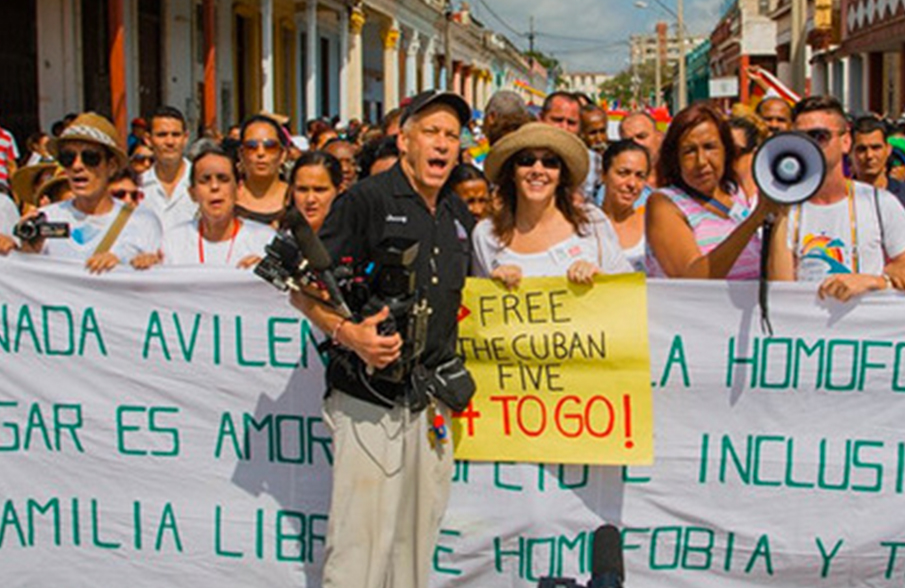PODCAST | Nicolò Comotti interviews Jon Alpert, director of the film Cuba and the Cameraman.
Jon Alpert tells us the story of Cuba and the Cameraman, which is inevitably a big chunk of his own story too. Throughout the years, from the 70s till today, the American journalist/documentary filmmaker has been visiting Cuba and analysing first-hand its socialist structure. An earnest and exciting example of gonzo-style filmmaking, Cuba and the Cameraman shows Cuba as a one-of-a-kind social experiment, but most importantly, as a cradle of beautiful, resolute people.
Cuba and the Cameraman: since 1959, when Fidel Castro ascended to power in the revolution that marked an era, no one had ever gone as deep inside Cuba as Jon Alpert. He began filming in Castro’s Cuba in 1972, having become fascinated with the country, its people, and its culture years earlier. Alpert brought along a small crew and a portable camera, beginning a fascinating, intimate, decades-long chronicle of the Communist country that was 90 miles off the coast of Florida, a longtime political foe, but a mystery to much of the world. Compiled from more than a thousand hours of footage and filmed over 45 years, Alpert follows three families and Fidel Castro. He was there for Cuba’s optimistic socialism of the early ’70s, and for the 1979 Mariel boatlift. He then returned to cover the hardships of the 1980s; the harrowing “Special Period” after the fall of the Soviet Union, when Cuba literally went dark. Cuba and the Cameraman is Castro himself—unguarded, offthe- cuff, and unedited. In their numerous, exclusive oncamera interviews, the cigar-chomping revolutionary affectionately called the straight-shooting Alpert “The Journalist,” and showed a side of himself never seen publicly. Alpert was one of the last Americans to see Castro before his death. Cuba and the Cameraman captures the soul of a nation and its people, and an unknown side of the man who shaped it.
For the official page of the film in the festival website, click here.






































